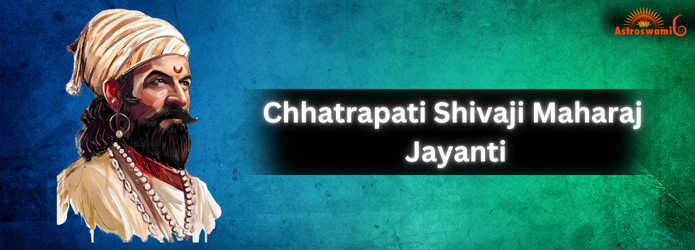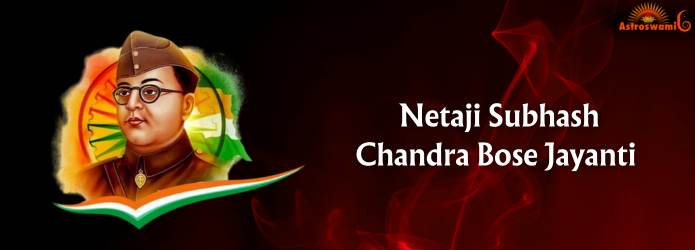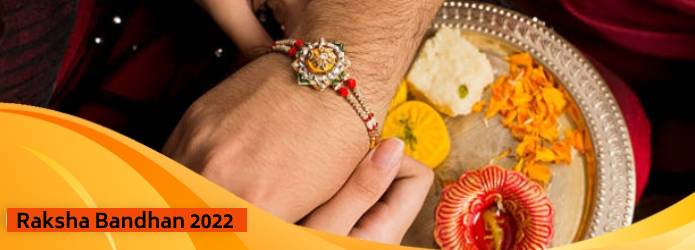
Chhatrapati Shivaji Maharaj Jayanti is one of the most significant festivals celebrated in Maharashtra and across India. This day honors the life, bravery, and legacy of the great Maratha warrior king, Chhatrapati Shivaji Maharaj, who played a pivotal role in establishing the Maratha Empire in the 17th century. Every year, on the 19th of February, people across the nation come together to celebrate his birth, and to reflect on his remarkable contributions to Indian history.
The story of Shivaji Maharaj is not just one of military victories, but also one of inspiring leadership, strategic brilliance, and devotion to the welfare of his people. His Jayanti, observed with grandeur and enthusiasm, is a reminder of his enduring legacy, and an opportunity for people to delve deeper into his life and work.
Shivaji Maharaj was born on February 19, 1630, in the Shivneri Fort near Pune, Maharashtra, to Shahaji Bhosale and Jijabai. From a young age, he exhibited remarkable intelligence, courage, and leadership skills. His mother, Jijabai, played a significant role in shaping his values, teaching him about Indian epics, history, and the importance of justice and welfare.
As a young boy, Shivaji’s education wasn’t limited to books and scriptures. He was trained in military strategies, warfare, and administration, preparing him for a future that would see him rise as a prominent ruler in India’s history.
By the time he was crowned as Chhatrapati in 1674, Shivaji had already begun carving his legacy by establishing a formidable force of soldiers and admirers. His naval fleet, guerrilla tactics, and diplomatic skills helped him resist Mughal dominance, and he expanded the Maratha Empire significantly.
Chhatrapati Shivaji Maharaj Jayanti is more than just a celebration of the birth of a warrior king. It is a day that symbolizes national pride, valor, and cultural heritage. For generations, Shivaji Maharaj has been a symbol of resistance against foreign invaders, and his Jayanti is celebrated with much enthusiasm, especially in Maharashtra, where his impact is still strongly felt.
Shivaji’s leadership qualities are remembered and revered on this day. He was known for his efficient administration, progressive policies, and his vision of Swaraj (self-rule) for the people. This celebration is also an occasion to honor his role in promoting Hinduism and safeguarding the dignity of women.
Shivaji Maharaj Jayanti is marked with various celebrations, including processions, cultural programs, speeches, and educational activities. In Maharashtra, the day begins with people visiting Shivaji’s forts, memorials, and temples dedicated to him. Schools and colleges conduct various events such as dramas, poetry recitations, and discussions based on his life and achievements.
One of the most popular forms of celebration includes taking part in processions where people, especially youth, dress as Shivaji Maharaj, reenacting his battles and heroic moments. This is not only an expression of respect but also a reminder of his courageous deeds that continue to inspire millions.
Many cities, including Mumbai, Pune, and Kolhapur, witness large gatherings, where leaders and politicians remember the Maratha king’s bravery. Statues and portraits of Shivaji Maharaj are adorned with garlands, and people participate in prayers for his blessings. Temples, public places, and statues are decorated with flags, and many organizations organize public speeches to highlight his achievements.
Founder of the Maratha Empire
Shivaji Maharaj laid the foundation of a strong and prosperous Maratha Empire. He made the Marathas a significant force in Indian politics and military affairs, challenging the dominance of the Mughals and other foreign powers.
Military Genius
Shivaji was an excellent military strategist. His use of guerrilla tactics allowed him to outmaneuver larger and more powerful enemies. His navy was also ahead of its time, allowing him to protect the western coast and control sea routes.
Administrative Reforms
Shivaji Maharaj introduced several reforms in governance. He established a systematic administration with a council of ministers, divided the empire into provinces, and ensured the welfare of his people through taxation and justice systems.
Religious Tolerance
Despite being a Hindu king, Shivaji Maharaj was known for his religious tolerance. He respected other religions, and his reign was a model of pluralism. He established places of worship for different communities and ensured protection for all his subjects.
Promotion of Education and Culture
Shivaji was also a patron of learning and culture. He encouraged the growth of literature, arts, and education. His court was home to many scholars, poets, and artists. His interest in administration, along with the support for intellectual endeavors, made his reign one of the most prosperous in Indian history.
The legacy of Shivaji Maharaj transcends beyond the realms of politics, military, and governance. He has become a symbol of inspiration, not only for the people of Maharashtra but for the entire nation. His unwavering commitment to his people, his ability to stand firm against oppression, and his deep sense of justice have made him an everlasting hero in Indian culture.
Even today, in various parts of India, his teachings and ideals continue to influence many aspects of life. His role in uniting the people of India against foreign rule, his foresight in establishing the Maratha Empire, and his emphasis on self-rule remain relevant to the modern-day pursuit of justice and equality.
Although Shivaji Maharaj was a regional king, his influence had national implications. He represented the resistance against Mughal rule and was a beacon of hope for all Indian states striving for autonomy. He proved that with determination, strategy, and unity, even the mightiest empires could be challenged.
His vision of “Hindavi Swarajya” (self-rule for Hindus) laid the groundwork for many subsequent movements for independence. His ideas of governance, secularism, and social justice have inspired leaders like Subhas Chandra Bose, Sardar Vallabhbhai Patel, and others in the Indian freedom struggle.
In today’s times, Shivaji Maharaj Jayanti has become not just a regional but a national festival. It is a day when people of all backgrounds come together to celebrate the life and contributions of this legendary figure. As Maharashtra remains at the heart of the celebrations, there are events, exhibitions, and seminars held across the country that reflect on his contributions to Indian society and culture.
The day is also marked by political leaders addressing the public, reminding them of the core principles that Shivaji Maharaj stood for—justice, equality, and self-reliance. Schools and colleges organize lectures, discussions, and drama performances to educate the younger generation about his life and legacy.
Chhatrapati Shivaji Maharaj Jayanti serves as an important reminder of India’s rich history, the valor of its warriors, and the vision of a ruler who was ahead of his time. Celebrating this day is not just about remembering Shivaji Maharaj’s military victories but also about recognizing the core values that made him a great leader—values that resonate even today.
By celebrating Shivaji Maharaj Jayanti, we honor the life of a man who, through sheer courage, wisdom, and leadership, laid the foundation for a prosperous Maratha Empire and shaped the course of Indian history. It is a day to reflect on his contribution to the nation and to inspire future generations to carry forward his ideals of self-rule, justice, and cultural pride.
Also Read:-2025 Horoscope prediction for all 12 zodiac sings

Netaji Subhash Chandra Bose Jayanti: Honoring the Legacy of a Revolutionary Leader...

The festival of Holi is nearing. This year, Holi is going to be celebrated on 13th and 14th March. Hindus celebrate this festival with great enthusias...

Rasksha Bandhan festival is a celebration of love between sisters and brothers...

Christmas Day is also known as Christmas is a religious and cultural holiday which it is celebrated on the birthday of Jesus Christ for Isa Mashie. ...